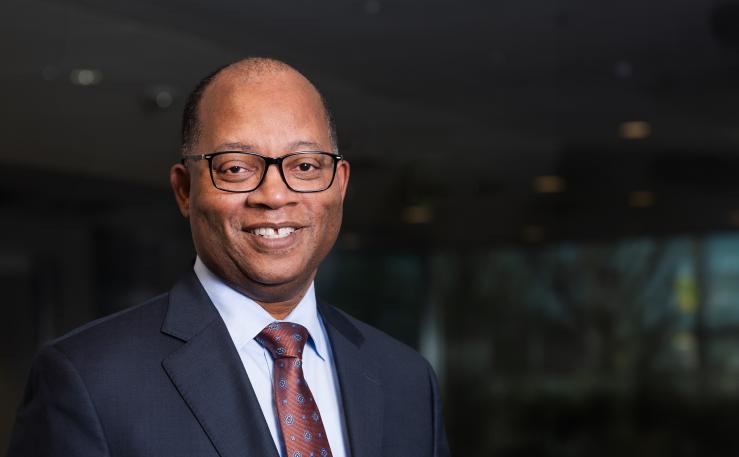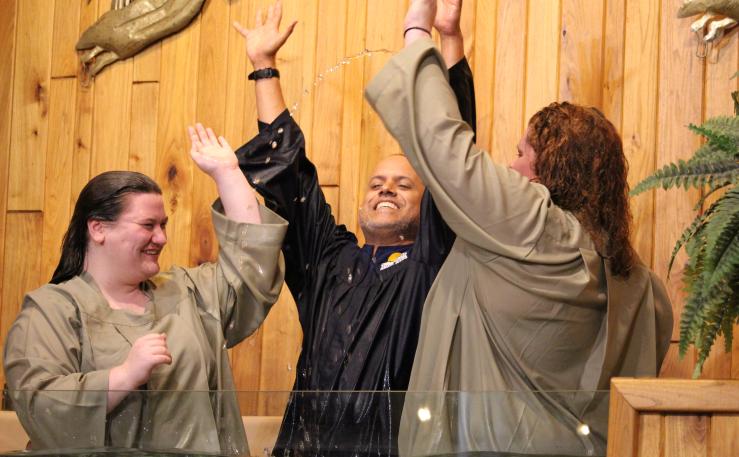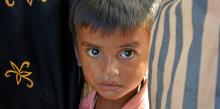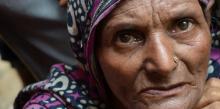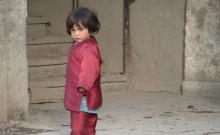America was founded by religious refugees. At our best, we continue the tradition by welcoming those in greatest need. At our worst, we close our doors to those in dire distress, as we did in 1939 when we rejected the call to bring 20,000 Jewish children to America. As a result, many of those beautiful children were starved, beaten, brutally abused in unimaginable sadistic ways, and systematically slaughtered in the Nazi death factories. Today as we see men, women and children reaching out to us in hope, we can either open our hearts, or we live with the eternal consequences of turning our backs.
Who We Are, How We Serve
The Columbia Union Conference coordinates the Seventh-day Adventist Church’s work in the Mid-Atlantic United States, where 150,000 members worship in 860 congregations. We provide administrative support to eight conferences; two healthcare networks; 81 early childhood, elementary and secondary schools; a liberal arts university; a health sciences college; a 49 community services centers; 8 camps; 5 book and health food stores and a radio station.
We Believe
God is love, power, and splendor—and God is a mystery. His ways are far beyond us, but He still reaches out to us. God is infinite yet intimate, three yet one,
all-knowing yet all-forgiving.
The following are the top nationality of refugees who have resettled across the Columbia Union (by state) in the last three years.
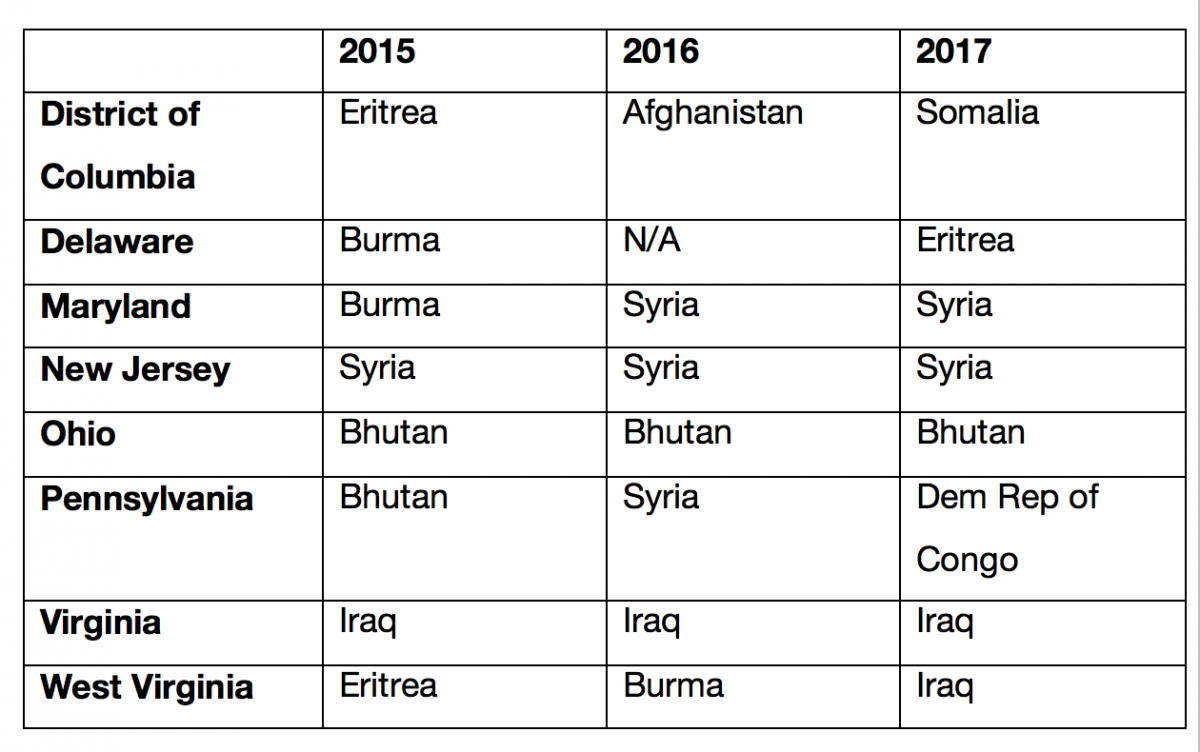 Source: Pew Research Center
Source: Pew Research Center
Story by Kimi-Roux James
On June 16, the Adventist Development and Relief Agency (ADRA), the humanitarian arm for the Seventh-day Adventist Church, will commemorate World Refugee Sabbath.
ADRA works with refugees in 39 countries providing food, clean water, hygiene kits and shelter and offers livelihood and education trainings to help refugees sustain their nutrition and generate income. It recently undertook a new project to send letters on behalf of refugees in dire distress to local lawmakers.
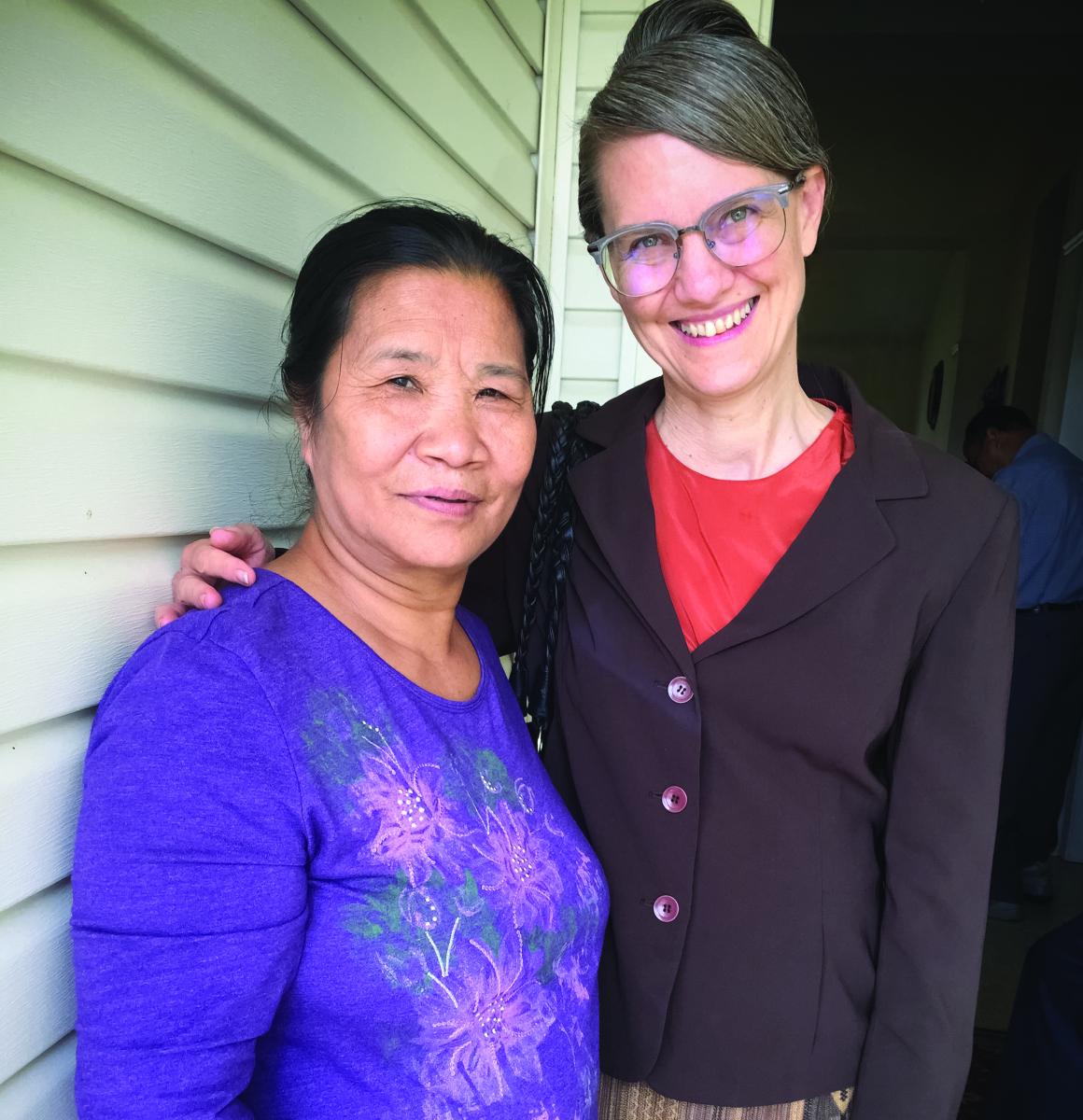 Terri Saelee (pictured with a Mizo member), North American Division Adventist Refugee and Immigrant Ministries coordinator, believes it’s vitally important to reach out to refugees. “Reaching refugees is at the core of finishing the work because when we reach other cultures they can do a work we cannot do to reach their own people and other related language groups, both here in North America and in their home countries, where we cannot send missionaries.”
Terri Saelee (pictured with a Mizo member), North American Division Adventist Refugee and Immigrant Ministries coordinator, believes it’s vitally important to reach out to refugees. “Reaching refugees is at the core of finishing the work because when we reach other cultures they can do a work we cannot do to reach their own people and other related language groups, both here in North America and in their home countries, where we cannot send missionaries.”

